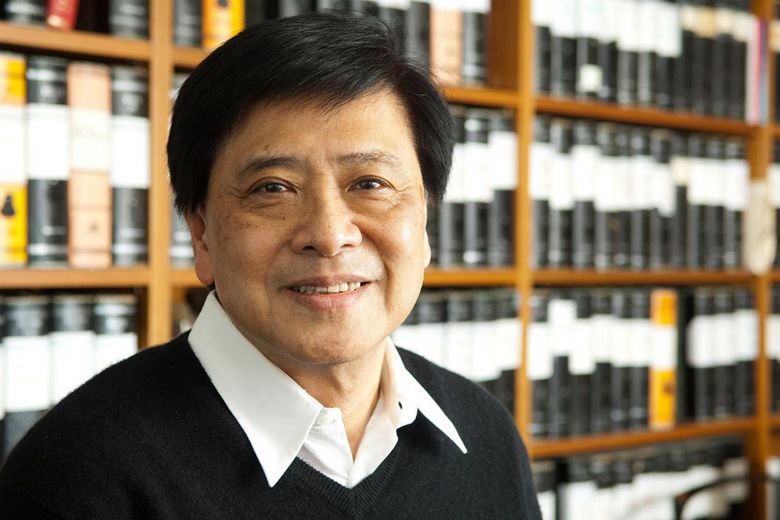SINGAPORE - Cannabinoid-based medication can, among other things, help to counteract the nausea and vomiting associated with chemotherapy.
Scientists here hope to unlock the therapeutic potential of cannabinoids - chemical compounds found in the cannabis plant - with none of the negative side effects and social ills.
Cultivation of the cannabis plant, whose leaves are usually smoked by drug abusers, is illegal in Singapore. A new Synthetic Cannabinoid Biology Programme, however, will identify cannabinoid genes for the sustainable production of medicinal cannabinoids - without the need to grow the plant.
The programme is part of a new research initiative announced on Wednesday (Jan 10) by the National Research Foundation (NRF). The initiative, a $25-million Synthetic Biology Research and Development (R&D) programme, will span five years, and help boost Singapore's research into synthetic biology. This refers to the science behind the production of natural products through engineering biological systems.
Synthetic biology, said the NRF, has the potential to replace current methods of chemical synthesis and extraction from natural products, which are laborious, expensive,and often produce low yields.
With the global push towards sustainability and the more efficient use of natural resources, a bio-based economy built on research and innovation in the biological sciences could transform Singapore's manufacturing processes, health and nutrition, and grow new industries with high quality jobs, said the NRF in a statement on Wednesday.
The global bio-based market is expected to reach US$38.7 billion by 2020, based on estimates by market research company Allied Market Research. Countries such as the United States and China have also invested in developing synthetic biology capabilities.
Mr George Loh, NRF director of programmes, said: "Synthetic biology research is maturing and we are well-positioned to move forward with translational research for industrial application."
Singapore's new R&D programme will have three thrusts.
Other than the development of a synthetic cannabinoid biology programme, the other two focus areas include the establishment of proprietary national strains of yeast and bacteria for commercialisation, and the delivery of biochemicals, such as rare fatty acids, to help industries here.
Plant biology and biotechnology expert Chua Nam Hai, director of the new programme, said creating new microbial organisms under the proprietary national strain could provide new platforms that could help create a wider range of compounds, potentially generating diverse intellectual property.

Producing commercially relevant compounds, coupled with the use of new proprietary strains and platforms, could also attract industries which use these compounds in their products, Prof Chua added.
Four research projects led by scientists from institutions such as the National University of Singapore and the Nanyang Technological University have already been given grants under this programme. Prof Chua, who is also deputy chairman of Temasek Life Sciences Laboratory, said the four projects will advance Singapore's capabilities in synthetic biology.
"The awarded projects will ensure that our future Singapore has all the resources required for the production of multiple specialised chemicals through the synthetic biology approach."
Correction note: This story has been edited for clarity.


